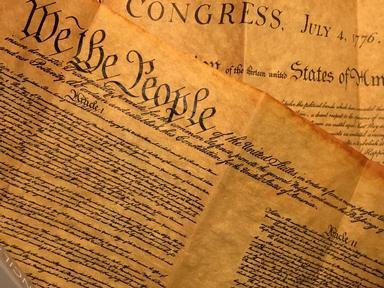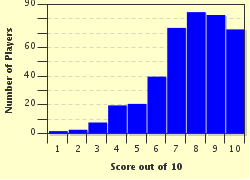Quiz Answer Key and Fun Facts
1. What does 'impeachment' mean?
2. At the federal level in the United States, who has the sole power to impeach a president, vice president, and all other civil officers of the United States?
3. Treason is listed in the constitution as a reason for impeachment of a President, Vice President, or other civil officers.
4. Bribery is listed in the constitution as a reason for impeachment of a President, Vice President, or other civil officers.
5. Other than possibly treason or bribery can a government official be impeached for another reason?
6. Was Richard Nixon impeached?
7. Who was the first president to be impeached?
8. Was Bill Clinton impeached?
9. What happens if a president, vice president, or civil officer is convicted by the Senate following impeachment by the House of Representatives?
10. If a President is impeached, who presides over the proceedings in the Senate?
Source: Author
napierslogs
This quiz was reviewed by FunTrivia editor
trident before going online.
Any errors found in FunTrivia content are routinely corrected through our feedback system.


